Please see below the downloadable version of the draft agenda and event format
The digital transformation is reshaping democratic innovations. New practices, both analogue and digital, are empowering citizen participation beyond traditional voting and consultations. We'll explore the intersection where technology meets democracy, critically examining how digital tools are being embedded in our democratic systems and public services. Through real-world examples and current research, we'll assess both the opportunities and challenges these technologies present. We'll discuss how digital innovations can address democratic deficits and bridge societal divides, but also how they might introduce new risks or exacerbate existing issues. By scrutinizing these developments, we'll consider how to build more inclusive, participatory governance in the digital age while remaining mindful of potential pitfalls.
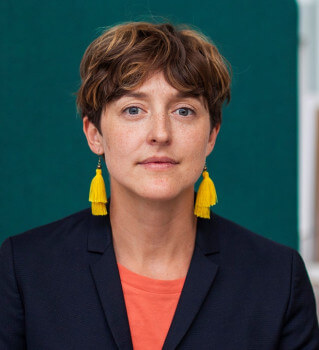
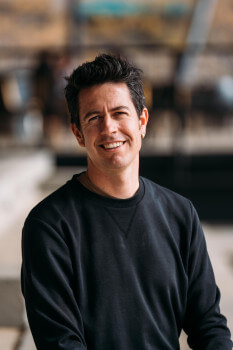
- Sofia, BG: Implementation of civic tech (Decidim) as a strategic democratic measure in the city
- Cascais, PT: AI enhancing the improvement of Cascais' Participatory Budget
- Lviv, UA: Leveraging the digital landscape to support citizen participation in Lviv during martial law
- Rotterdam, NL: Technology to increase citizens’ involvement in neighbourhood councils elections
- Istanbul, TR: Setting up a digital participation platform in a highly diverse and multicultural megacity
- Vilnius, LT: Senior citizens proficient in navigating digital services and active in the democratic life of the city
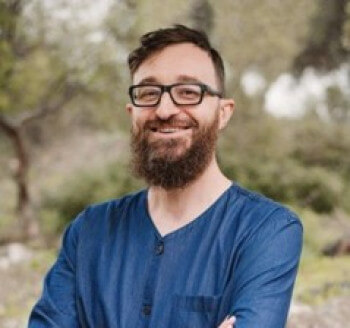
Participants choose challenge they want to work on and form six working groups (teams). Each team starts collaboration, guided by the experience facilitator.

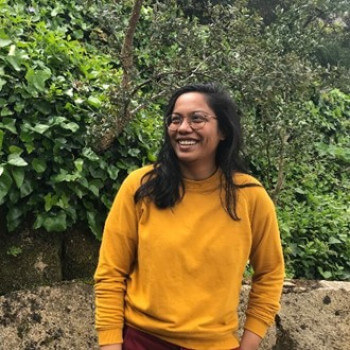
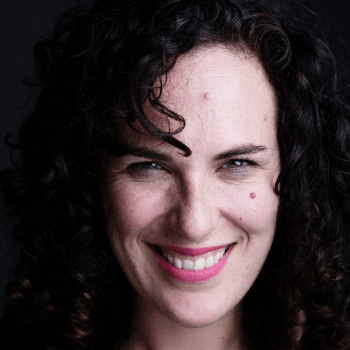
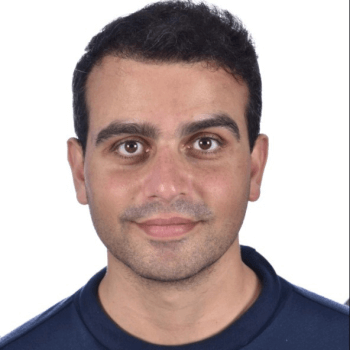

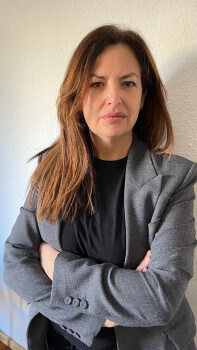
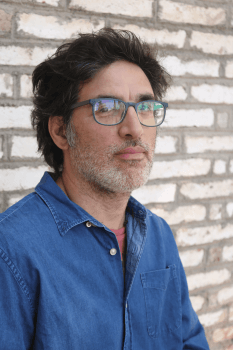
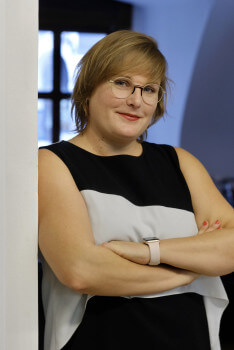
Continuation of teamwork.







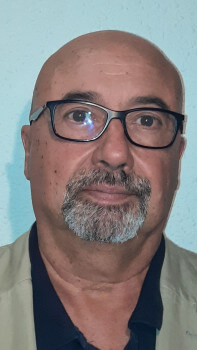
1. SOLD OUT Barcelona Supercomputing Centre (BSC), hosts MareNostrum, the most powerful supercomputer in Spain. MareNostrum is fully dedicated to knowledge generation. It is used in virtually all scientific disciplines - from astrophysics and materials physics to biomedicine - and in engineering and industry. Projects being carried out on MareNostrum 4 include research on climate change, gravitational waves, the AIDS vaccine, new radiation therapies for cancer and simulations of fusion energy production, among others. During this visit, we’ll learn about the collaboration project between Barcelona City Council and the BSC in the framework of a digital twins programme for cities related to the 15-minute city.
2. Cibernarium: on the first floor of the MediaTIC building in Barcelona's 22@ district is Cibernàrium, the Barcelona City Council's technological training and dissemination programme. It offers training for professionals and companies, as well as Internet initiation and/or in-depth activities for all citizens.
3. SOLD OUT Department of Urban Planning Participation, Ecological Transition
Exploring the potential of hybrid public participation. The Barcelona Superblock project proposes an important challenge: to achieve changes in the city's design and uses that will bring us closer to a more sustainable and resilient city while also working with existing resistance to the changes in habits that this new urban model implies. This participatory process consisted, on the one hand of working sessions that combined technical presentations with group discussions to facilitate debate on the content presented and, on the other hand, of exploratory walks with neighbours and workshops in schools. These sessions were based on a hybrid model of participation (digital and face-to-face) that deployed a multiplicity of channels to participate. Barcelona digital platform decidim.barcelona has been used to structure the axis of the process and also to document it.







Data science & AI must be present at civil servants daily tasks but it is necessary to approach this hype with no fear although we are not a data scientist by training; professional knowledge through experience is fundamental to take profit from data science and AI for better decision making or for policy evaluations. At the same time openness in data, as well as in AI tools, is a must to avoid the increasing mistrust in public administration.
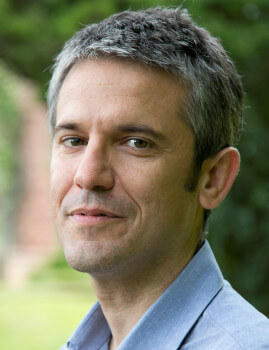
In this talk we will learn about the history of the Decidim project, and we will understand the keys that have made this project become an international reference in the field of digital democracy. We will explore the main features it offers and how it is being used around the world to promote citizen participation.
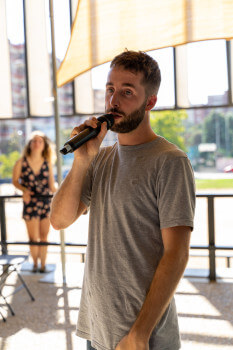







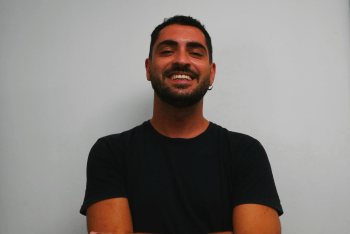







Each team presents the outcomes of their work and receives feedback from colleagues and mentors.




